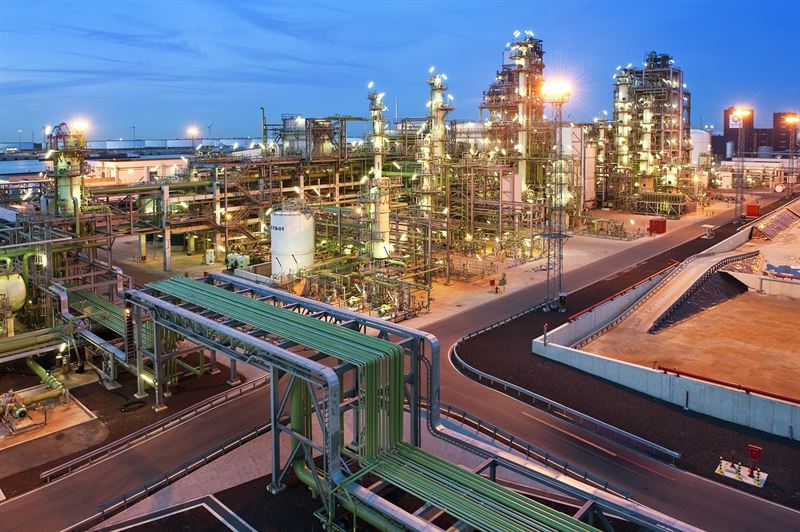Finnish refining company Neste has launched a new solution to help companies reduce aviation emissions by purchasing sustainable aviation fuel (SAF). Neste Impact allows companies to report reductions in CO2 emissions in line with their sustainability goals.
.jpg)
nestor shock
Neste Impact is a solution designed to help companies reduce the carbon footprint of aviation activities, such as flying employees on business trips to other countries. Neste’s SAF can reduce emissions by up to 80% compared to conventional injected fuel. Several airlines, including Ryanair and Air Canada, have integrated SAF into their operations by purchasing Neste’s fuel. Many aviation stakeholders consider the SAF critical to helping the industry achieve its net-zero emissions target by 2050.
Neste Impact allows companies to translate their climate goals into concrete, measurable plans to decarbonize aviation operations. These sustainability goals can be achieved by using Neste’s SAF to replace traditional jet fuel for flight activities. Neste’s accountability mechanisms ensure that SAF is provided to partner airlines and enough fuel is purchased to completely replace fossil fuels. The company then receives a report, allowing it to formally document the emission reductions it has achieved.

Neste Impact aims to reduce the possibility of “greenwashing,” in which companies use marketing techniques to convince stakeholders that their operations and policies are environmentally friendly. The solution is aligned with the Science-Based Targets Initiative (SBTi), a climate reporting mechanism that helps companies set emissions reduction targets in line with global climate goals. Neste supports SBTi’s Aviation Guidance Pathway, which outlines a consistent target of 1.5 degrees Celsius (2.7 degrees Fahrenheit) for aviation entities. The company supports this pathway by ensuring the delivery of SAF and specifically for replacing fossil fuels, which follows a booking and claims approach.
Third parties have verified the emission reductions achieved, and registration for the International Sustainability and Carbon Certification (ISCC) SAF Certificate (SAFc) further validates this claim. SAF purchases further reduce emissions because they are not designed to meet regulatory requirements, such as fuel requirements imposed by governments.
.jpg)
Kristina Öström, Vice President of Marketing, Brand and Partnerships at Neste, talks about the solution:
“The urgency of climate action has never been greater, and businesses are increasingly looking for solutions to help them reduce their aviation-related carbon footprint. However, finding reliable solutions can be a challenge, especially given the growing reporting requirements and public demands for transparency. Neste Impact provides an easy-to-use solution for verifying emissions reductions from the world’s leading SAF producer.”
Neste’s SAF and future plans
Neste’s SAF is made from sustainably sourced raw materials and is 100% renewable. These materials include used cooking oil and animal fat waste. With the industry currently accounting for around 2% to 3% of global CO2 emissions, companies are increasingly focusing on reducing aviation emissions. The International Air Transport Association (IATA) predicts that air travel will grow by 200% by 2040, and business travel is expected to continue to grow. Businesses see SAF as a way to continue doing business without further exacerbating climate change.

Nestor outlined several goals to be achieved over the next two decades. By the end of the century, the company aims to help customers reduce emissions by at least 20 million tons per year and make its refinery in Finland the most sustainable in Europe. Neste also plans to achieve carbon-neutral production in 2035 and 2040, and promote a 50% reduction in the carbon emission intensity of products sold. In addition to SAF’s direct emissions reductions, the company also sets high ethical standards for biodiversity, human rights and supply chains. The latter goal is particularly important as customers and companies become increasingly aware of the ethical dimensions of their activities.
